At last year’s International Symposium on ALS/MND in Perth, Australia, Professor Jeffrey Iliff talked about the glymphatic system (C1 in abstract book) – a series of ‘tunnels’ containing cerebrospinal fluid (CSF) that distributes nutrients and removes waste from the central nervous system. Prof. Iliff’s team demonstrated that the glymphatic system fails both in the ageing brain and in the young brain after traumatic brain injury. Their studies suggest that impairment of glymphatic function may be one factor that renders the ageing brain vulnerable to protein aggregation (a build-up of sticky clumps of proteins) and neurodegeneration – hallmarks of motor neurone disease.
Now, a team of researchers, led by Prof. Siddharthan Chandran, from the Euan MacDonald Centre for MND Research at the University of Edinburgh, have published a perspective review article evaluating whether poor clearance of toxic proteins from the brain contributes to the progression of MND and frontotemporal dementia (FTD) – a type of dementia that affects some people with MND.
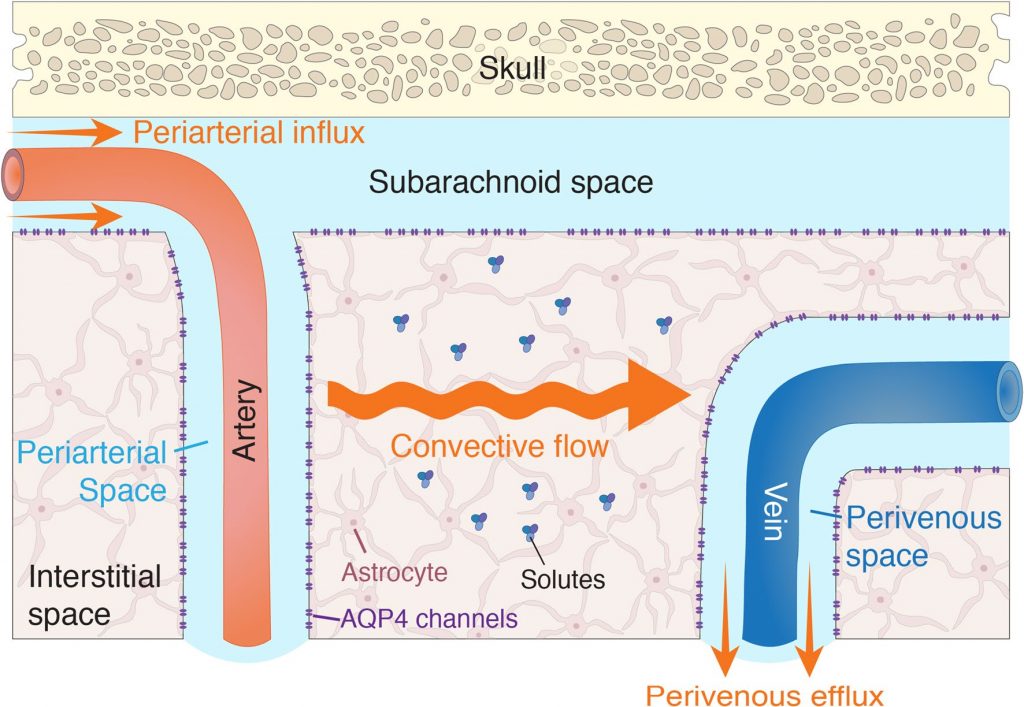
The glymphatic system and MND
Prof. Maiken Nedergaard, co-author of the review published in Acta Neuropathologica Communications, first described the glymphatic system in 2012 and, since then, it has piqued the interest of researchers working on neurodegenerative disease, given its importance in removing waste proteins. Although some studies have explored the role of the glymphatic system in Alzheimer’s disease, such as those carried out by Prof. Iliff, little is known about potential links in MND and FTD, which are also characterised by the build-up of misfolded, toxic proteins.
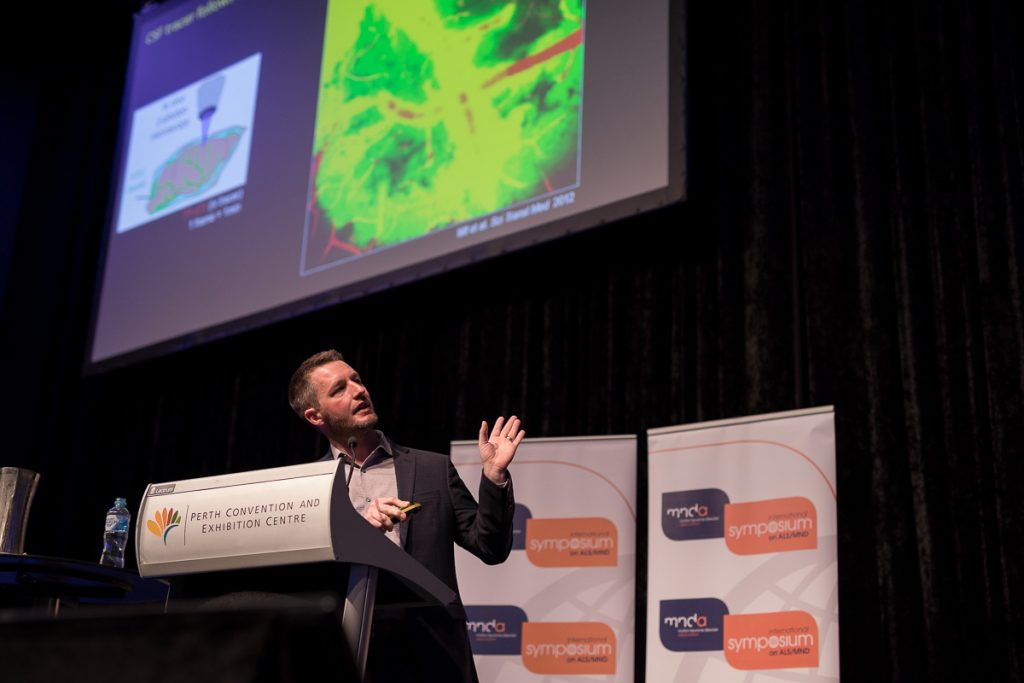
In this review, the authors point to recent evidence suggesting that changes in the flow and composition of CSF in people with MND may differ from healthy individuals. Additionally, factors known to influence the function of the glymphatic system, such as ageing, sleep and vascular and respiratory function, are also affected in MND.
The study authors propose that an impaired glymphatic system could be implicated in several of the disease mechanisms found in MND, most notably in the processing of key proteins associated with the disease (see image below).
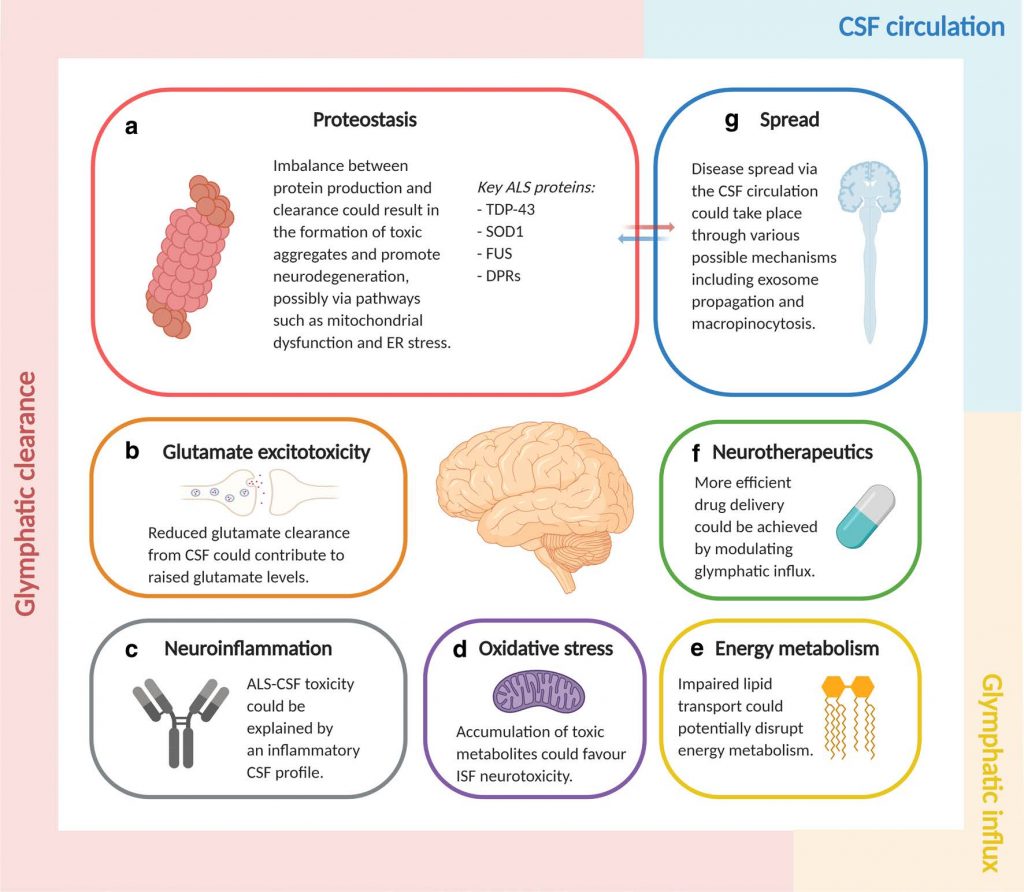
“Although we have a better understanding of the processes taking place in ALS/MND, we have so far been less able to explain its aggressive clinical course and the reasons for differences between affected individuals, as well as its late onset and male predilection. We propose a model that attempts to address these various aspects of ALS/MND, effectively attempting to bridge the gap between what we see in the lab and in the clinic. We believe this opens promising new avenues for ALS/MND research and could pave the way for the development of much needed novel therapeutic targets.”
Dr Arpan Mehta, co-author of the review and MRC/MND Association Clinical Fellow
How will this shape future research?
Going forward, the authors encourage the creation of dedicated experimental models examining the role of the glymphatic system in MND and FTD. Given the critical involvement of the spinal cord in ALS/MND, future research should focus on aiming to understand spinal cord clearance mechanisms.
“Understanding whether the glymphatic system is involved in MND will require detailed analysis of CSF samples. Resources such as our AMBRosIA Biobank are going to be essential in supporting research studies that will provide the answers”
Dr Brian Dickie, Director of Research Development, MND Association
Reference to the published review article: Ng Kee Kwong, K.C., Mehta A.R., Nedergaard M., Chandran S (August 2020). “Defining novel functions for cerebrospinal fluid in ALS pathophysiology“. Acta Neuropathologica Communications.
Further information:
- Previous blog post: Toxicity of cerebrospinal fluid in ALS/MND
- Wikipedia page on Glymphatic system with this review article cited
- Jeff Iliff’s TED talk: One more reason to get a good night’s sleep

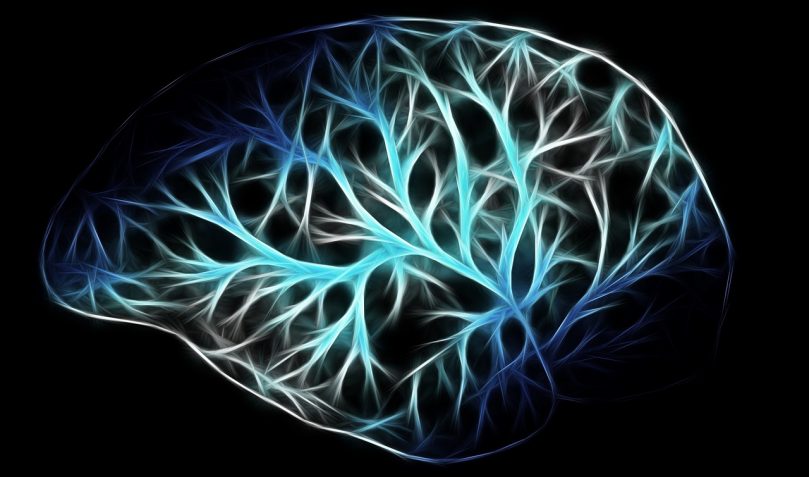
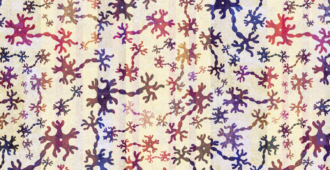

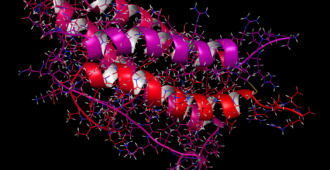
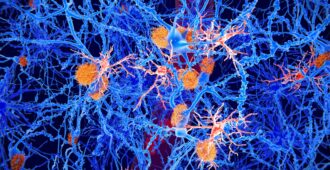

Very interesting theory. I have been wondering about the high protein and high glutamate content of the Body building shakes used by my son prior to him developing MND. Did his own system stop production of protein because He was taking so much in himself. He was convinced that he was to blame by being vain and doing body building. I did try to set up a dialogue with SKBeecham the producers if the shakes. They are still on the market. Very worrying. They dismissed my concerns without and testing or research.
Are you looking for people to take part in trials
Hi Mike,
You can find a list of research projects that currently recruit participants for their studies on our website: www.mndassociation.org/research/take-part-in-research. The list is not limited to testing a treatment (clinical trials), most are focused on understanding the causes of MND, and improving diagnosis, care and quality of life of people affected by the disease. I hope this helps.
Kind regards,
Research Development Team